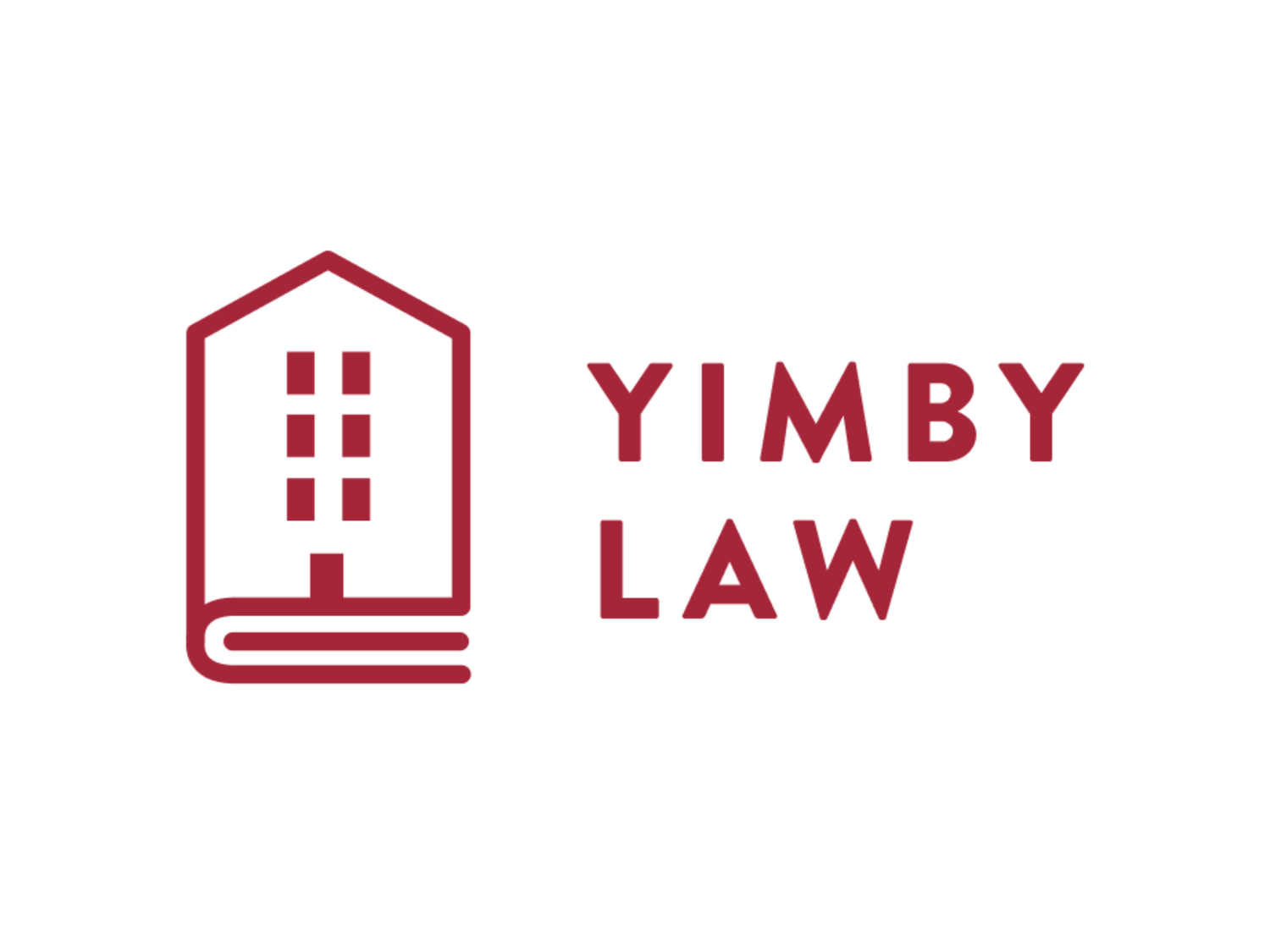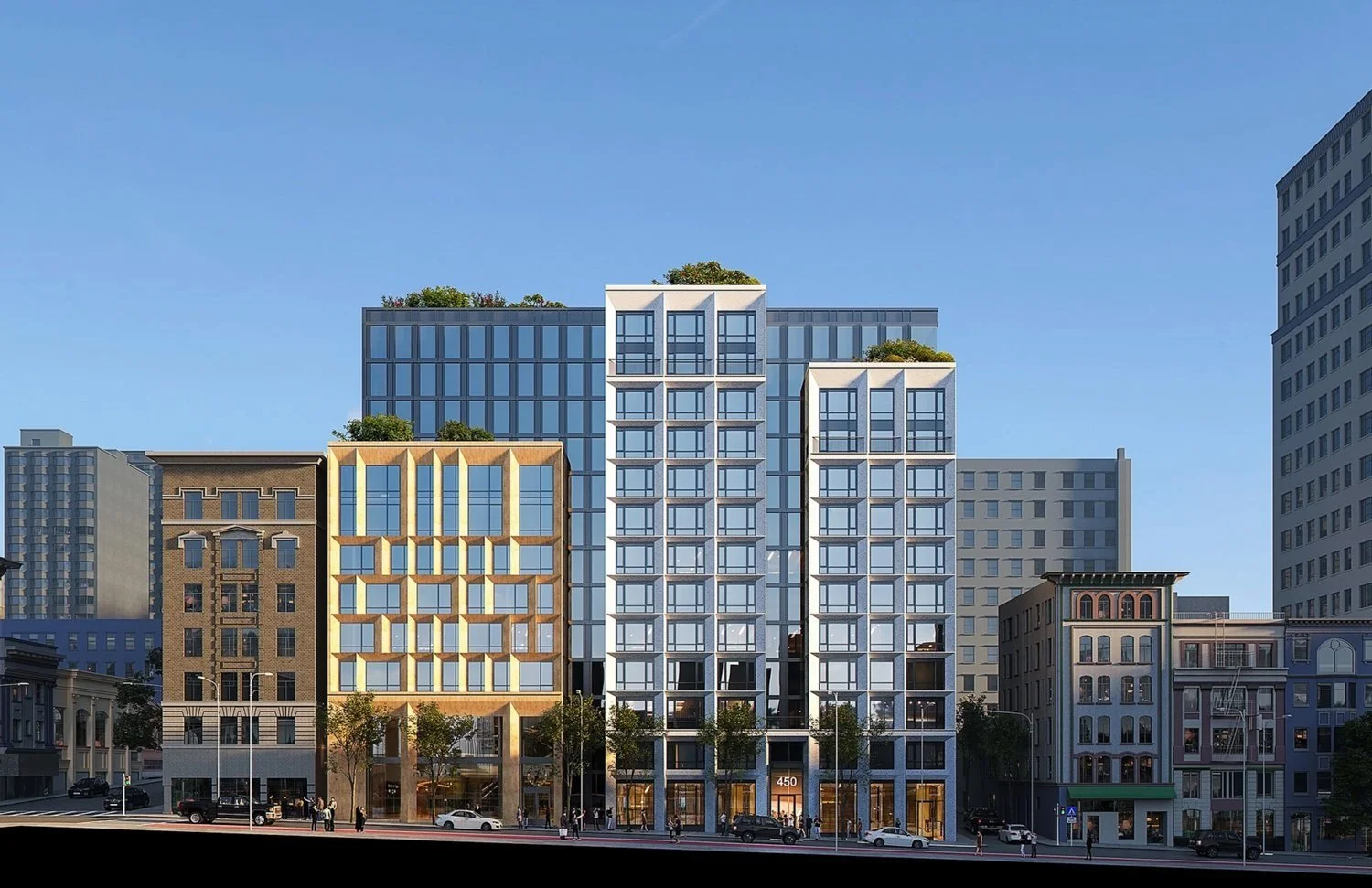STATUS: Amended Petition filed 11/21/2022
UPDATE: We at YIMBY Law have overcome a demurrer from the city, where they claimed their behavior in denying the 450 O'Farrell project was not illegal. The court disagreed with the city, taking our position that if we prevail on the merits of the case, that we could show that the Housing Accountability Act has been violated. Additionally, we have amended our complaint against the city in this matter, to bolster our argument that the city engages in a pattern and practice of illegally delaying and denying projects. While the superior court recently ruled in our favor regarding the individual 450 O'Farrell project in this matter, the court didn't agree that there was necessarily a pattern and practice of illegal behavior from the city; we are continuing in our effort to convince the court that San Francisco's problems extend beyond just the one instance at O'Farrell where we believe they violated the law.
—
The project at 450 O’Farrell Street is a 316-room group housing project in the Tenderloin neighborhood of San Francisco, a redevelopment of a church’s property, that includes 48 on-site below market rate homes. The City is violating a number of laws in having disapproved this project: the Housing Accountability Act, the Housing Crisis Act of 2019 (SB-330) and the Permit Streamlining Act.
What we find most interesting about this project is that the 450 O’Farrell case could help to clarify whether cities can require non-objective standards in their Conditional Use Permit approval process when a project is otherwise required to be approved under the Housing Accountability Act (HAA).
The HAA requires cities to approve projects that meet the objective written standards of a city’s general plan and zoning. When a city creates a permitting process that includes non-objective, discretionary standards, those standards should not be allowed to be considered by a city as reasons to deny a project. The HAA still applies, and is not rendered moot by a city’s usage of a Conditional Use Permit (CUA) program. In this case, 450 O’Farrell’s Conditional Use Authorization permit (to change the requested use of a previously approved and permitted project from 176 individual residential units to 316 group housing rooms, with some slight, insignificant modifications to the building envelope) was denied by the Board of Supervisors. None of the findings for denying the CUA listed any objective standard that the project failed to meet. Because the CUA was denied, the project was denied, despite the HAA requiring it be approved.
San Francisco was legally required to approve the project, so we have filed suit to ensure that the project, as approved by the Planning Commission, is once-again, approved and entitled.
Filings
Amended Petition - Filed 11/21/2022
Court Order RE: Demurrer - Filed 10/21/2022
City’s Demurrer - Filed 5/19/22
YIMBY Law’s Demurrer Opposition - Filed 7/1/22
Other resources
YIMBY Law’s 12/13/2021 Letter to the SF Board of Supervisors RE: Adopted Findings
SF Board of Supervisors’ 12/14/2021 Adopted Findings
Holland & Knight’s 11/29/2021 Letter to the SF Board of Supervisors
California HCD’s 11/22/2021 Letter of Inquiry to SF Planning
YIMBY Law’s 9/2/2021 Letter to the SF Board of Supervisors RE: HAA
Holland & Knight’s 8/25/2021 Letter to the SF Board of Supervisors

